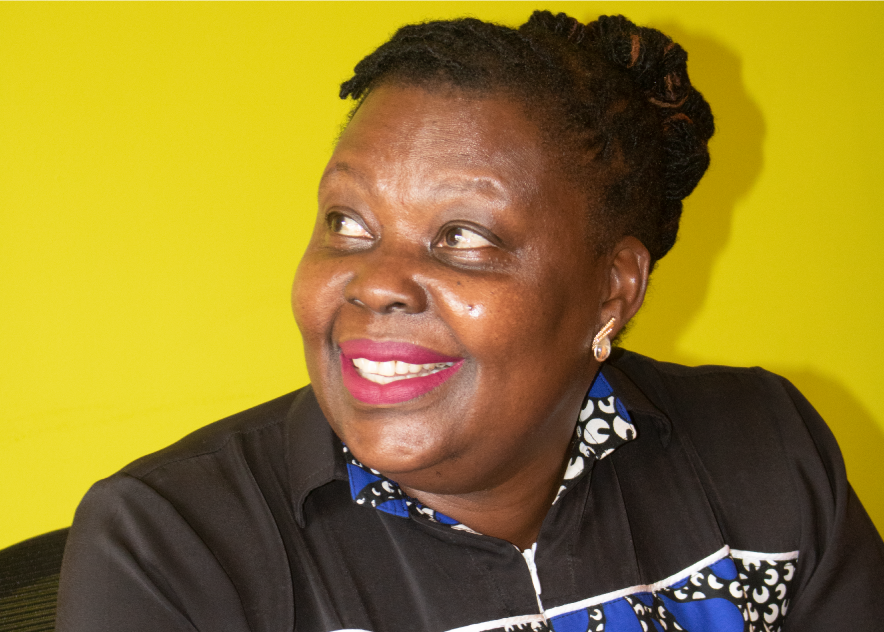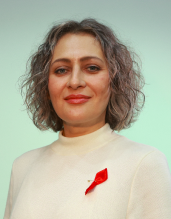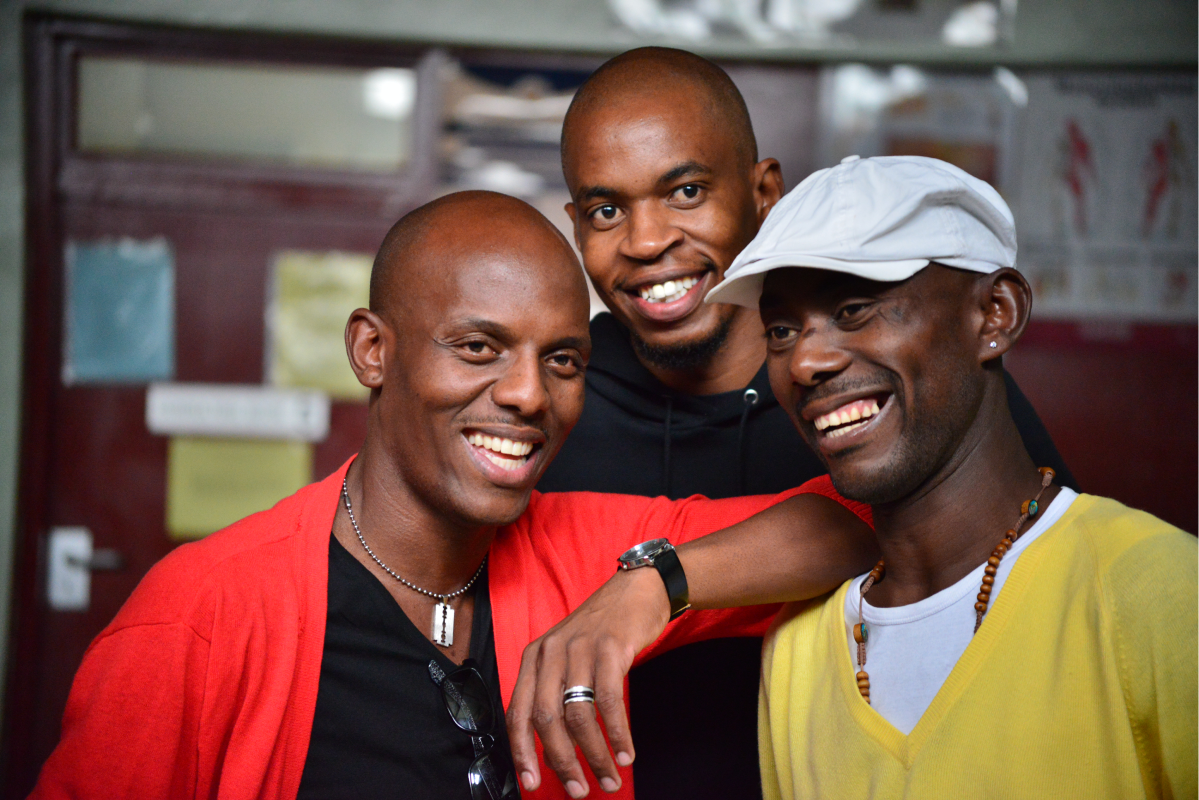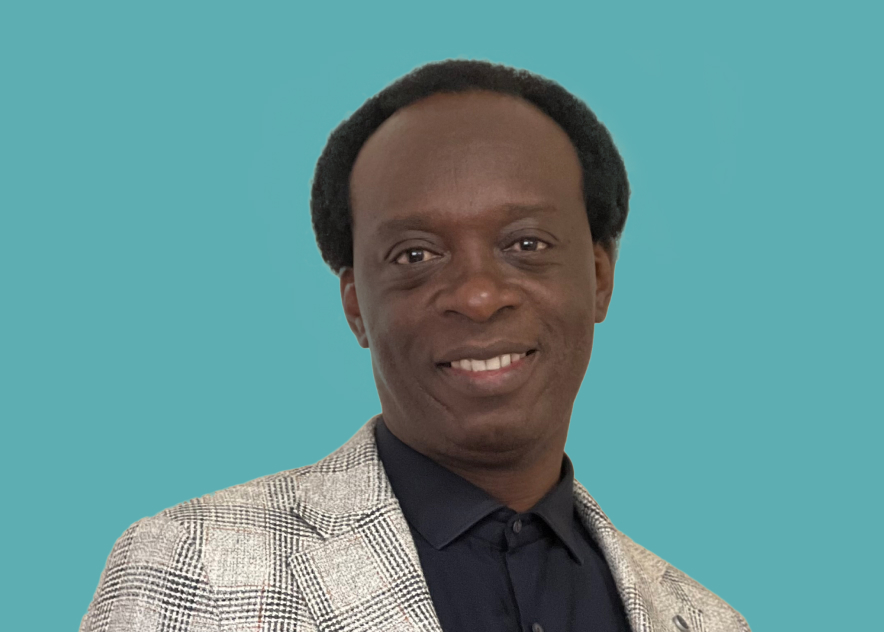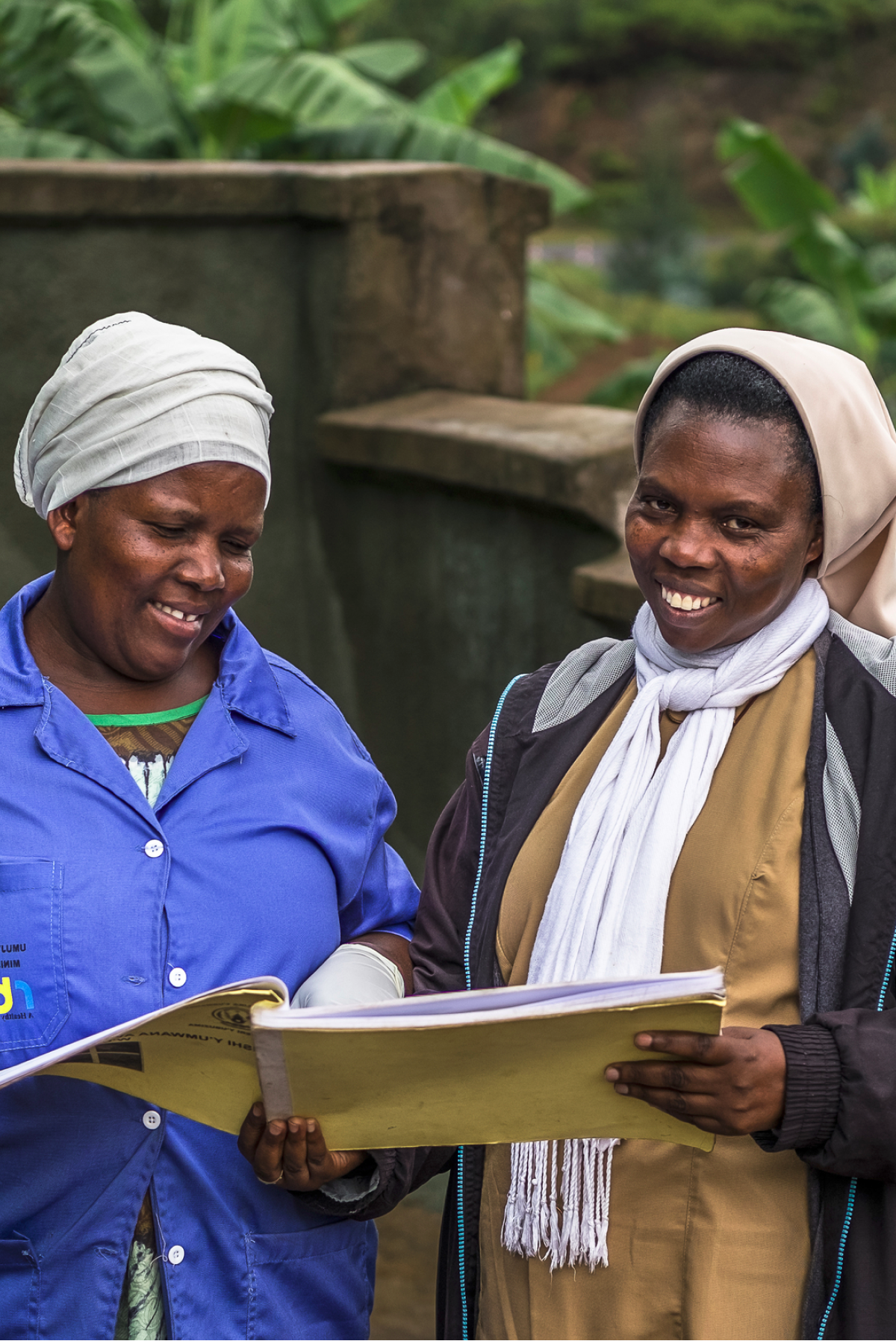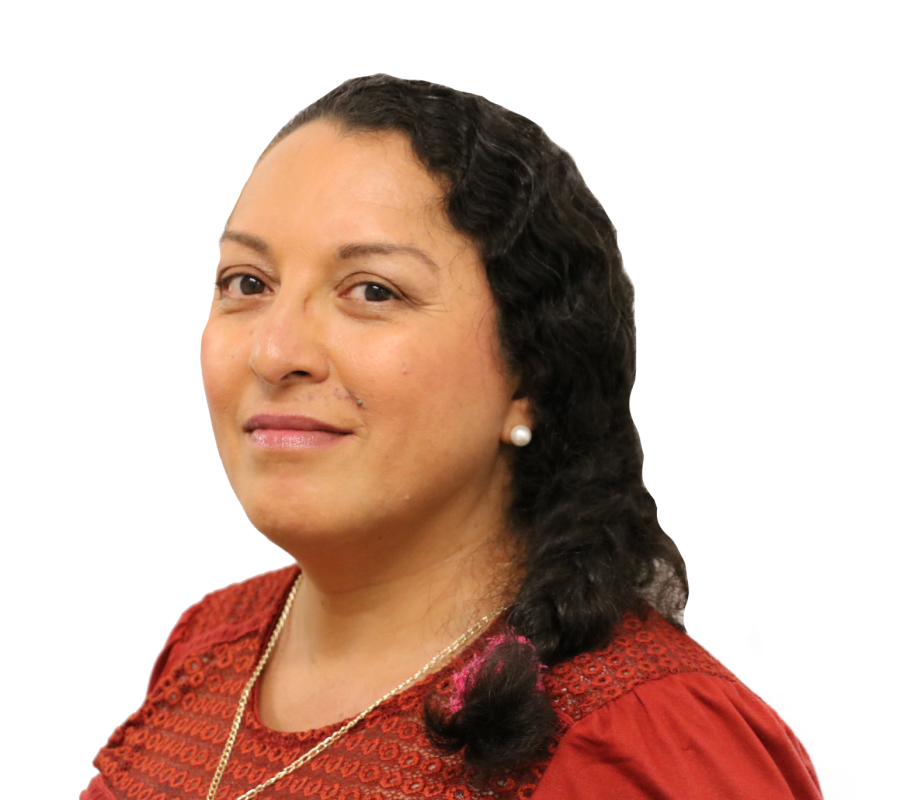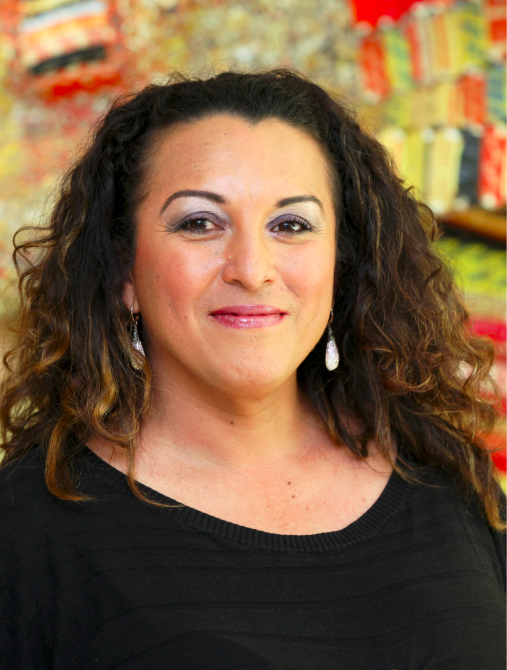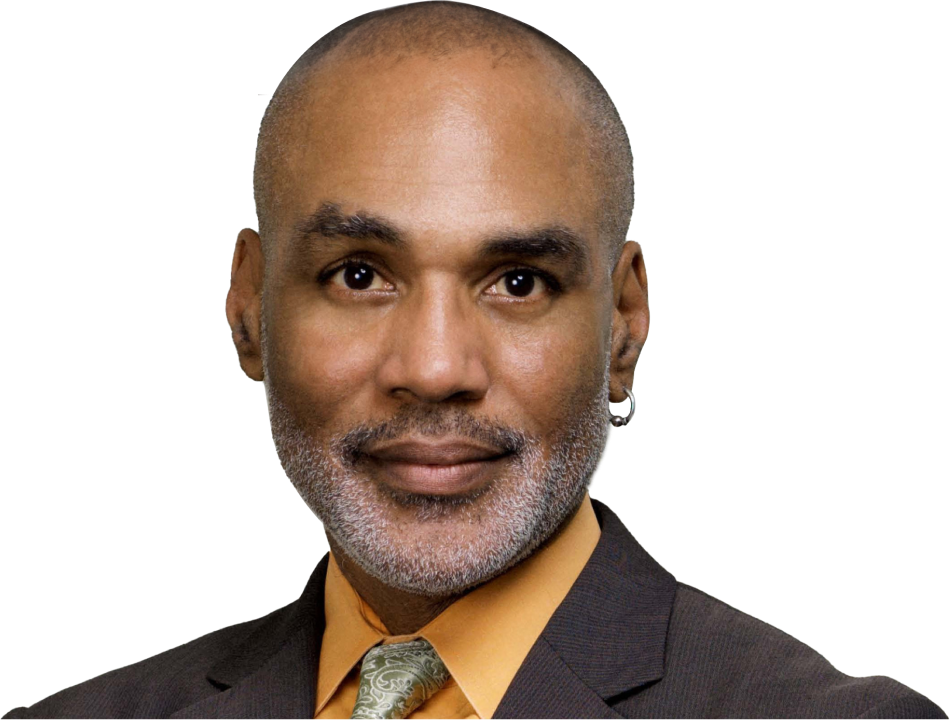While medical advancements offer a beacon of hope for people living with HIV, the impact of medical advancements depends on people accessing them and being supported as they access them. That is why the success of the global HIV response is contingent on governments, donors and other stakeholders fully recognizing this and investing wholeheartedly in community-led responses.
My story, although unique in its specifics, echoes the lived realities of many people. I can attest to their unwavering spirit and potential. Each community has its distinct cultural, economic and social fabric. As the people in closest proximity to the challenge, communities understand the nuances of what works and what needs to change, and can craft interventions that resonate and make a difference.

